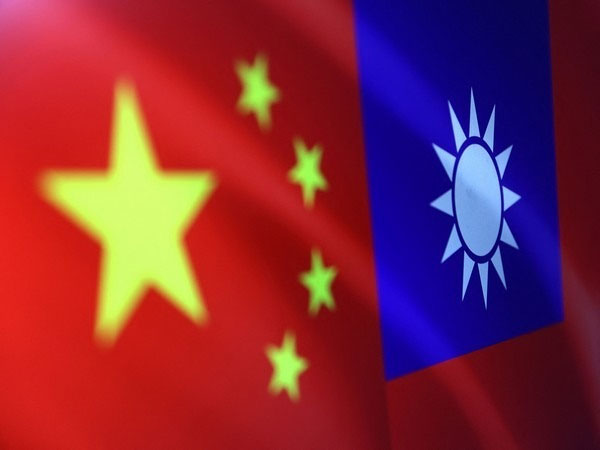China's Export Restrictions on Taiwan: Political Gesture with Minimal Economic Impact
China has imposed export restrictions on eight Taiwanese companies, a move seen as symbolic with little commercial impact. The bans target dual-use items, affecting industries primarily independent of Chinese supply chains. Analysts view this as a political signal rather than a substantive economic measure.

- Country:
- Taiwan
China's Ministry of Commerce announced export restrictions against eight prominent Taiwanese companies on Wednesday, in what analysts regard as a largely symbolic action with minimal commercial consequences, according to reports by Focus Taiwan. The export bans, which took effect immediately, specifically target dual-use items—products with both civilian and military applications.
The restricted companies include Aerospace Industrial Development Corp. (AIDC), Geosat Aerospace & Technology, the National Chung-Shan Institute of Science and Technology, JC Tech, CSBC Corp., Taiwan, Jong Shyn Shipbuilding Group, Lungteh Shipbuilding, and GWS Technologies. The Ministry's move, enacted under China's Export Control Law, is believed to be a political signal directed towards Taiwan's Democratic Progressive Party (DPP) government.
Analysis by Taiwanese scholars and industry leaders indicates the restrictions will be largely inconsequential. Wu Se-chih, a consultant at Taiwan Thinktank, described the move as 'more superficial than substantive' since most of Taiwan's defense industries are not reliant on Chinese supply chains. Companies like AIDC and CSBC have expressed confidence, noting that their operations are largely supported by the U.S., Europe, Japan, and South Korea, making replacements for Chinese imports feasible. Experts speculate that the sanctions were a reaction to Taiwan's recent chip export controls, military exercises, and Beijing's need to demonstrate an 'anti-independence' posture.
(With inputs from agencies.)










